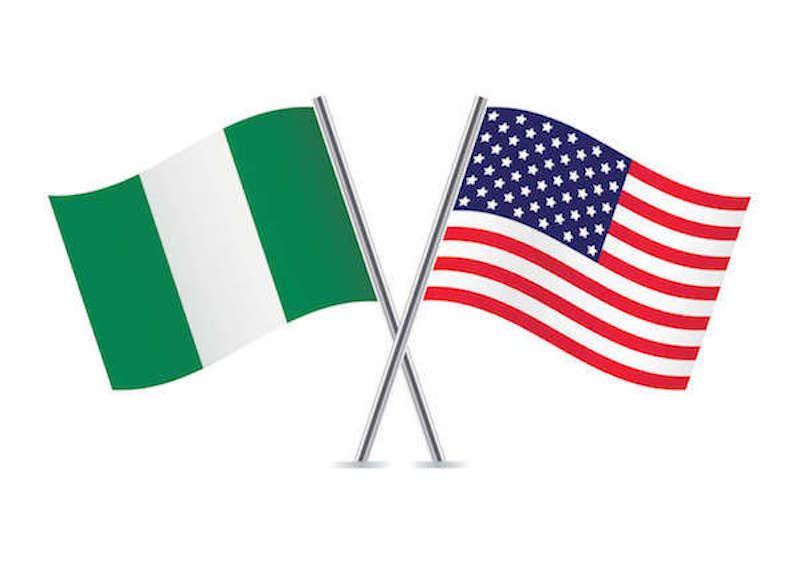The United States government, Sunday, attributed inadequate sharing of public-safety and terrorism-related information necessary for the protection of the national security and public safety of the US as the reason for the visa restrictions on Nigeria and five other West African countries.
Other countries affected by the new visa regime are Eritrea, Myanmar, Tanzania, Sudan, and Kyrgyzstan.
In the new arrangement announced on January 31, the US suspended the issuance of immigrant visas to Nigerian passport holders with effect from February 21.
In a full report of the visa restrictions entitled: “Proclamation on improving enhanced vetting capabilities and process” posted in www.whitehouse.gov, the US government accused Nigeria of non-compliance with the established identity-management and information-sharing criteria assessed by the performance metrics.
Washington added that the West African nation did not adequately share public-safety and terrorism-related information necessary for the protection of the national security and public safety of the US.
The report reads: “Nigeria also presents a high risk, relative to other countries in the world, of terrorist travel to the United States. Nigeria is an important strategic partner in the global fight against terrorism, and the United States continues to engage with Nigeria on these and other issues.”
“The Department of State has provided significant assistance to Nigeria as it modernises its border management capabilities, and the Government of Nigeria recognises the importance of improving its information sharing with the United States.
“Nevertheless, these investments have not yet resulted in sufficient improvements in Nigeria’s information sharing with the United States for border and immigration screening and vetting.”
However, the US described Nigeria as an important strategic partner in the global fight against terrorism, pledging to continue to engage the country on these and other issues.

